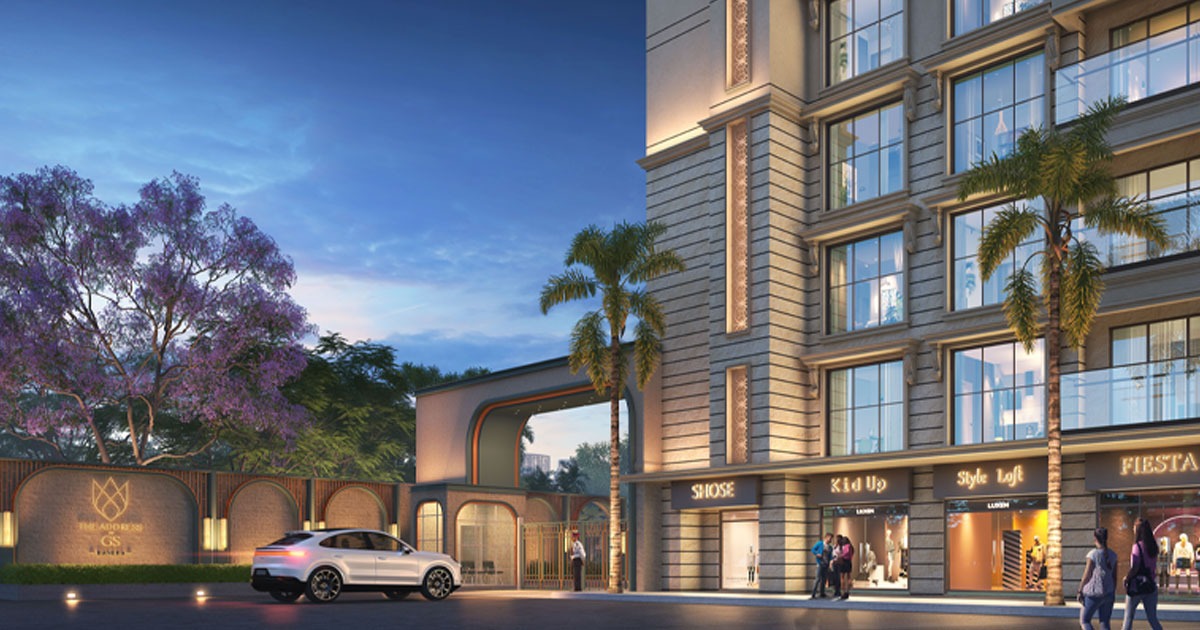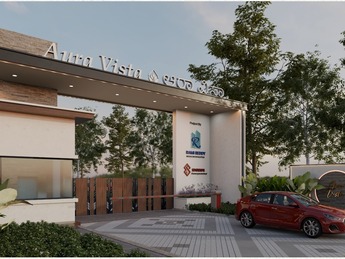Why is the Mumbai real estate market witnessing a resurgence of the Buy Now, Pay Later model?
By Bricksnwall | 2024-02-26

Primary sales in the Mumbai real estate market have
reportedly decreased recently, according to experts. Additionally, because to
an excess of inventory brought on by the rise in launches over the previous two
years, developers have been pushing sales through these kinds of initiatives.
Reviving "buy now, pay later" schemes, which let customers pay just 10% or 20% up front and the remaining amount upon possession, is something that an increasing number of real estate developers in the Mumbai real estate market and its environs are doing. These programs, which were popular during the 2015–2019 real estate slump, are designed to increase buyer confidence.
Decreasing the level of demand?
The Mumbai real estate market has seen a spike in
launches and a rise in residential property sales during the past four years.
The Maharashtra government's declaration in January 2021, waiving half of the clearance fees developers had to pay, is credited with this growth. But in the last six months, a number of developers have brought back flexible payment alternatives, or subvention plans.
According to experts, this might be the result of a
decline in primary market real estate sales in recent months. Additionally, an
excess of inventory has resulted from the rise in launches over the last two
years, which has driven developers to offer these kinds of promotions in an
effort to boost sales.
In the past six months, developers including
Wadhwa, Runwal, Ambit, Raymond Realtors, Macrotech Developers (Lodha), Keystone
Realtors (Rustomjee Group), and Wadhwa have all introduced flexi-payment
options.
For example, Lodha is offering 25% up front and 75%
upon obtaining the occupation certificate (OC) for its Thane project. Similar
to this, the Raymond group offers the option to pay 20% in advance and nothing
at all until January 2025 in Thane. The Rustomjee group provided flexi-payment
options at certain of their projects in November 2023, in conjunction with
Diwali.
Reintroducing the 20:80 subvention program, in the
opinion of Rajendra Sharma, Chairman and MD of Ambit Realtors and Developers,
is a calculated move to draw in buyers and hasten the offtake of inventory,
which will enhance cash flow and lower carrying costs.
As a result, according to Navin Makhija, Managing Director of the Wadhwa Group, the company is offering subvention in projects where the OC is anticipated in three to six months.
Experts in real estate also credit increased
rivalry for the revival of developer subsidy schemes in the Mumbai market.
Developers are forced to give incentives in order
to stand out and keep up the sales momentum due to the high demand and
increased launches. The real estate consultant firm JLL India's Ritesh Mehta,
Senior Director and Head, West & North, Residential Services &
Developer Initiatives, stated that the flexibility of staggered payments
"aligns with developers' robust cash flows post-Covid-19."
Listed companies take this action because investors
require them to disclose their pre-sales figure on a quarterly basis.
Developers must either rely on banks or make creative proposals to sell at a
lesser price in order to generate cash flows. Developers can obtain bank loans
by using the commitments made by first-time purchasers as security, according
to Ravi Kewalramani, Director of RK Mumbai Realtors.
Additional launches
The Maharashtra Real Estate Regulatory Authority
(MahaRERA) reports that from 25,404 in 2020 to 52,771 in 2023, more units were
introduced within the borders of Mumbai.
Source: Money Control




